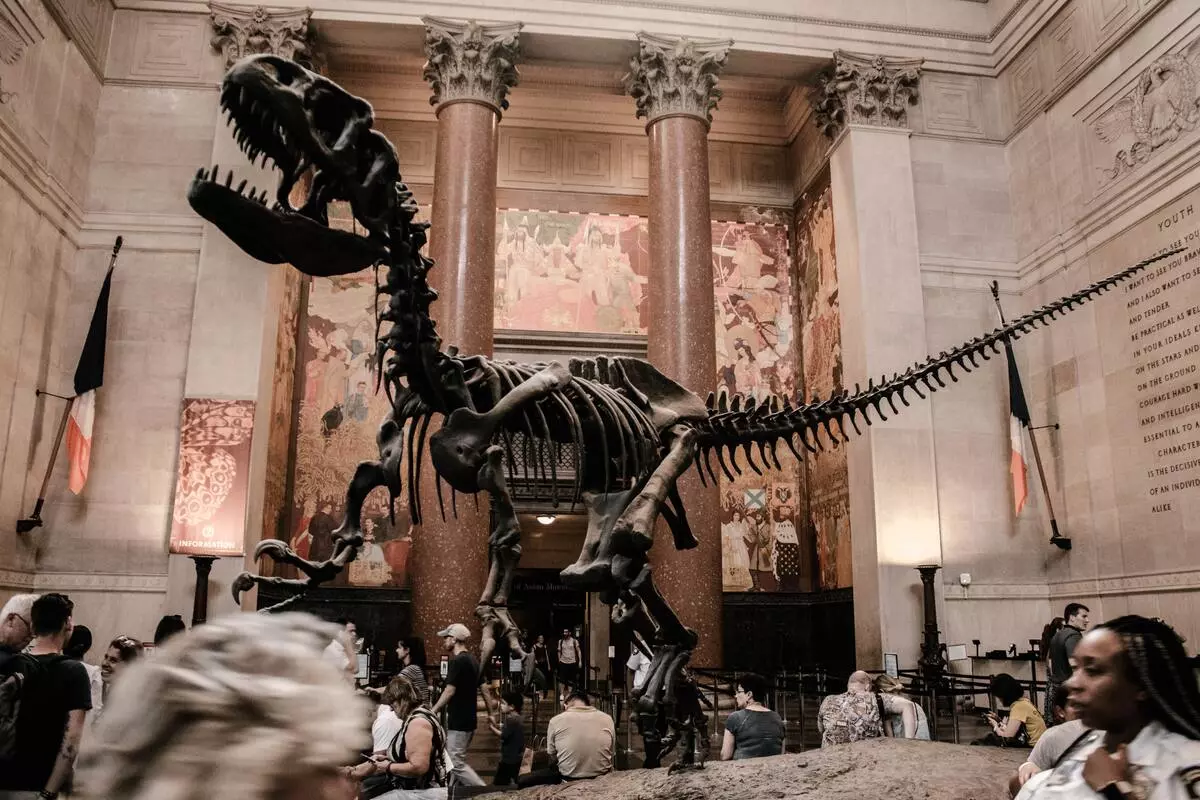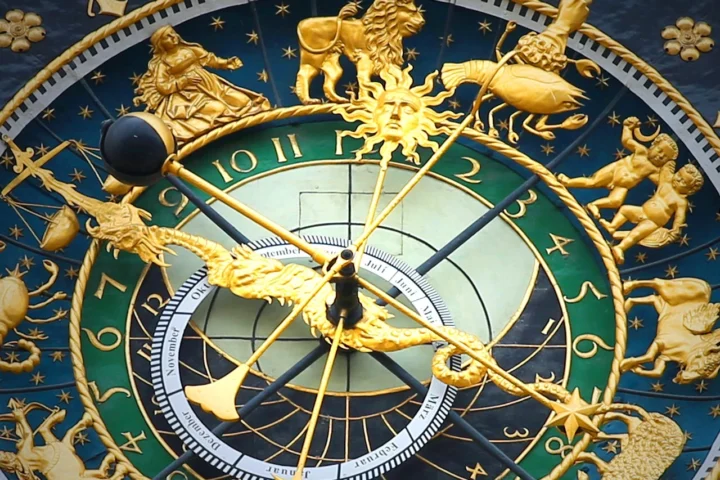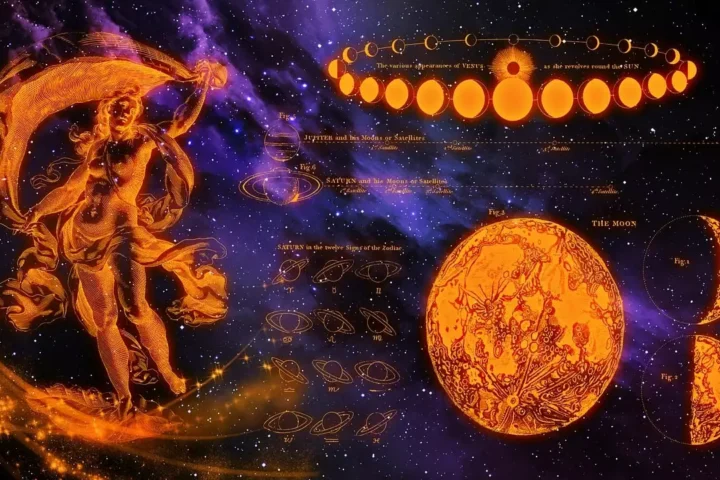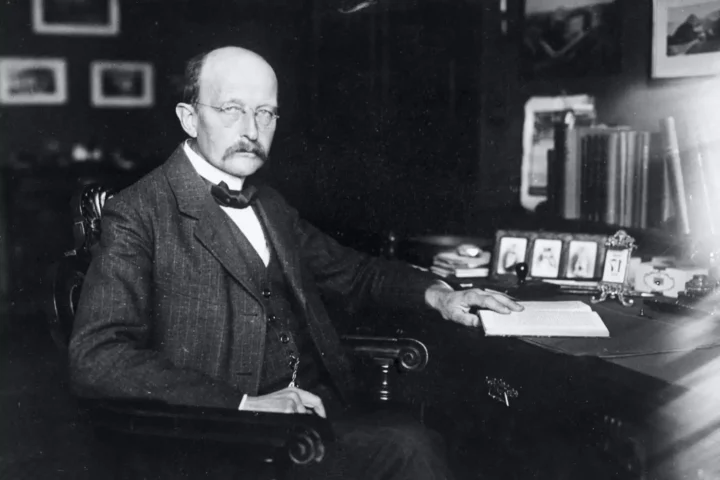ANTARCTIC CIRCLE – In a stunning discovery that has sent shockwaves through the scientific community, archaeologists working in the permafrost of the Antarctic Circle have uncovered perfectly preserved DNA samples from a variety of prehistoric dinosaurs. The find has ignited a flurry of excitement among paleontologists and zoo workers. Biologists started to work to bring these long-extinct creatures back to life.
Scientists have long speculated about the possibility of re-creating dinosaurs through DNA cloning, but until now, their efforts had been hampered by the lack of suitable genetic material. However, the discovery of these frozen specimens has given researchers a wealth of genetic information to work with, opening up new possibilities for the field of de-extinction.

“We always knew that there was a chance of finding dinosaur DNA in the permafrost,” says Dr. Elizabeth Grant, a paleontologist who has been working on the project. “But we never expected to find such complete and intact samples. It’s an absolute goldmine for us.”
Next Steps
The process of re-creating a dinosaur is not without its challenges, however. The first hurdle is finding a suitable surrogate mother for the embryos and zoos have already expressed their willingness to help. However, there are concerns that the physical differences between animals that inhabit the planet now and dinosaurs could pose a challenge to the viability of the embryos.
“We’re still in the early stages of the project, but we’re cautiously optimistic about the potential for success,” says Dr. Grant. “It’s a long road ahead, but we’re excited to be at the forefront of this groundbreaking field.”
The discovery of these frozen dinosaur DNA samples has also sparked debate among ethicists and conservationists about the implications of bringing back extinct species. Some have raised concerns about the potential impact on ecosystems and the moral implications of “playing God.”
Despite these concerns, however, many scientists remain undeterred in their pursuit of de-extinction. For them, the opportunity to bring back creatures that have been gone for millions of years is simply too tantalizing to resist.
“We’re standing on the brink of a new era in science,” says Dr. Grant. “Who knows what other extinct species we might be able to bring back in the future? It’s an exciting time to be a biologist, that’s for sure.”
Not Financial Advise: monitor the value of the shares of companies that manage zoos, including: Compagnie des Alpes, SeaWorld Entertainment, Merlin Entertainments and others








